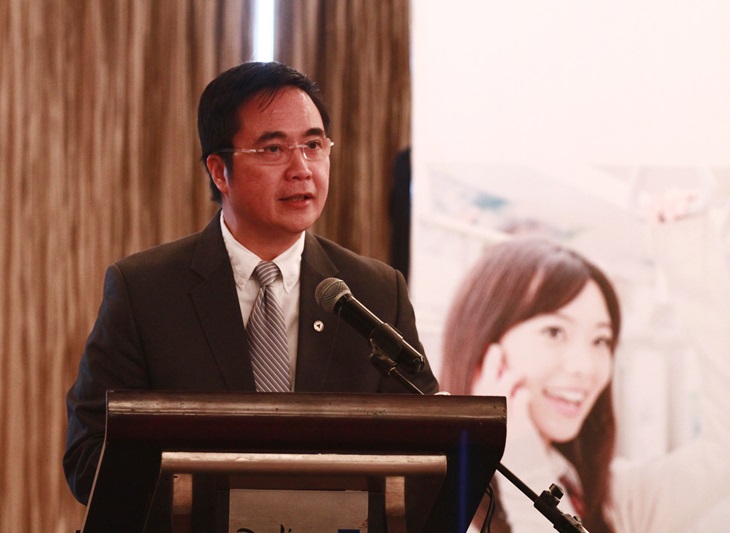Transportation Sector Crucial to Women’s Economic Empowerment

Recognizing the full potential of women as economic actors in the global economy, the APEC Women in Transportation Task Force launched a framework to increase women’s inclusion in the transportation sector.
The framework sets up guidance for the transportation sector to promote education; remove barriers to hiring and entrepreneurship; enhance conditions for the retention of women’s talent; advocate for the development of women leaders; and encourage safe use and access to transportation systems.
Convening at the Women in Transportation Forum under the theme, “Navigating a Way Forward” in Cebu, representatives from private companies, the public sector, multilateral organizations, and non-profit entities explored how member economies and the private sector could use the framework as a way to develop concrete policies and innovative measures to further enhance women’s economic empowerment.
Reminding participants of Leaders’ commitments, Philippine Transportation and Communications Secretary Joseph Emilio Aguinaldo Abaya told the group that women’s access to markets and technology eliminate barriers that hinder women’s economic participation, and ensure women’s equal opportunities. This participation benefits innovative development, economic reform and growth.
“Transportation allows for horizontal mobility, making the physical movement of people and goods from point to point simpler and, more enduringly, it allows for vertical mobility, uplifting women’s conditions by providing an avenue for them to strategically address their needs,” explained Secretary Abaya.
“A transportation sector that takes into account the requirements of women supports development, employment, and health,” Abaya continued. “Conversely, a transportation sector that fails to address the difficulties experienced by women excludes them. Inclusiveness and sustainable development go hand in hand.”
Both the Asian Development Bank and International Labor Organization have estimated that women’s limited access to employment causes a loss in economic growth to the Asia-Pacific region of around USD 42-47 billion each year.
“Across the APEC region, women are a critical source of economic growth and prosperity but they must have the opportunity to contribute,” said Susan Kurland, US Department of Transportation Assistant Secretary for Aviation and International Affairs. “Transportation is a unique sector because it offers two avenues for economic empowerment.”
“Women are economically empowered when they work as transportation professionals – they begin as students and continue throughout their careers,” explained Kurland. “Secondly, women are economically empowered when they have access to transportation systems, whether they are traveling to work or running errands to support their families and communities.”
Confirming this approach Doris Magsaysay Ho, President and CEO of Magsaysay Maritime Corporation said that the APEC Business Advisory Council proposed a model for a more efficient, systematic and transparent framework for the management of the movement of workers.
She said that companies must create an environment that celebrates the uniqueness of women and pointed out that the transport sector should promote equal rights regardless of gender.
Six economies have expressed interest in piloting the framework in 2016. The results of this forum will be reported to APEC Transportation Ministers on Friday here in Cebu. The forum was organized by the Philippines and the United States.
# # #
For further details, or to arrange possible media interviews, please contact:
Ma. Lizbeth S. B. Edra +65 9452 8344 at [email protected]
Michael Chapnick +65 9647 4847 at [email protected]
More on APEC meetings, events, projects and publications can be found on www.apec.org. You can also follow APEC on Twitter and join us on Facebook and LinkedIn.

